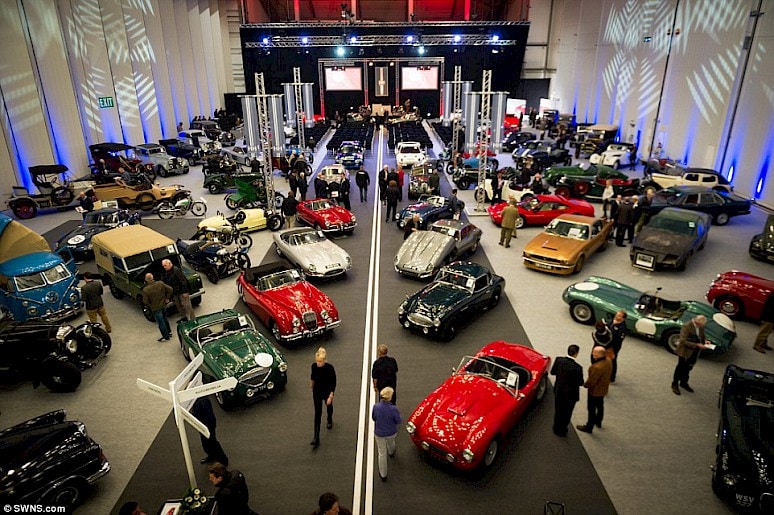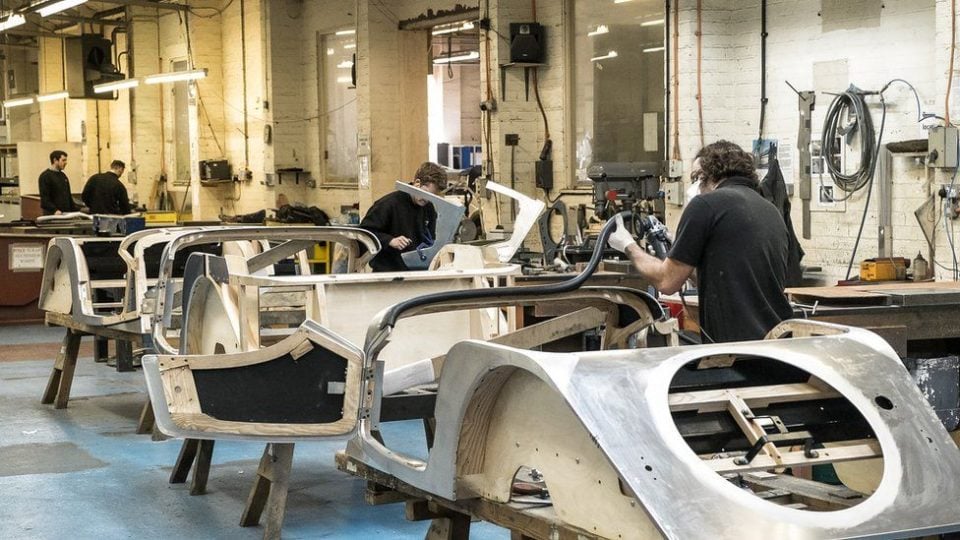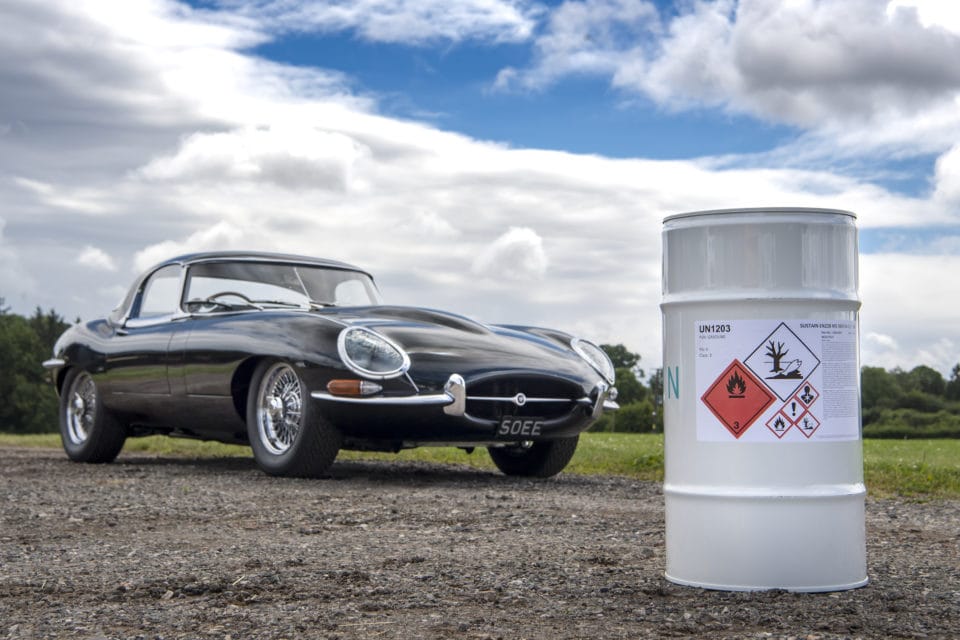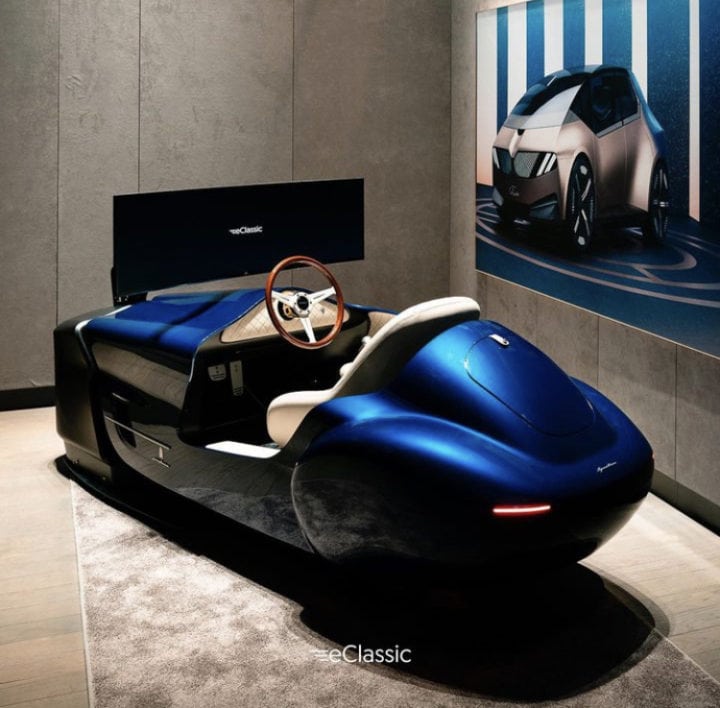The Battle for Authenticity
Classic cars hold a special place in our hearts, representing a bygone era of style, craftsmanship, and nostalgia. However, with the push for greener transportation, these cherished relics are at risk of being forced to go electric, potentially altering their essence and compromising their historical value.
In response to this pressing issue, a new organization, The Historical Classic Vehicle Alliance has emerged. Comprising of classic car enthusiasts, collectors and preservationists they are urging the government to adopt a sustainable fuel alternative rather than solely transitioning to electric vehicles.
What’s The Issue?
Imagine a world where the throaty roar of a vintage Ferrari or the distinctive burble of a classic American V8 engine is replaced by the silent hum of an electric motor. While electric power may be more environmentally friendly, it fails to capture the unique sensory experience that defines classic cars.
One of the primary concerns with converting classic vehicles to electric power is the potential loss of their historical significance. The internal combustion engines that once powered these cars are an integral part of their identity and character. Removing them in favour of electric motors would fundamentally alter their essence and erode their historical value.
Unique Craftsmanship
Classic vehicles are also a testament to the craftsmanship and engineering of their time. From the hand-formed body panels to the meticulously tuned carburettors, each component of these vehicles is a work of art. Converting them to electric power would overshadow the intricate details and craftsmanship that went into their creation.
Preserving classic cars in their original form allows future generations to appreciate the mastery of automotive design and construction that has shaped the industry’s evolution.
Balancing Conservation and Innovation
A typical modern car in the UK travels around 7,200 miles per year, whereas a classic car on average travels just 1,200 miles – and the majority even less.
While the push for greener transportation is crucial for our planet’s future, it is equally important to find a balanced approach that respects the historical significance of classic vehicles. The Historic Classic Vehicle Alliance advocates for alternative solutions and has launched a Carbon Offset Scheme where owners can simply and quickly mitigate their emissions.
One potential solution is the adoption of sustainable fuels such as biofuels or hydrogen, which can significantly reduce the environmental impact of classic vehicles without compromising their authenticity. These fuels can be produced from renewable sources, and offer a greener alternative to traditional gasoline or diesel.
Conclusion
Through collaboration, transparency and proactive lobbying the HCVA is one of Britain’s leading automotive trade organisations known for advocating the preservation, promotion, and enjoyment of historic and classic vehicles. By exploring alternative solutions and embracing sustainable practices, we can safeguard the unique character and historical value of our beloved classics. The team at HCVA UK deserve our support!
Join HCVA today and play your part!




